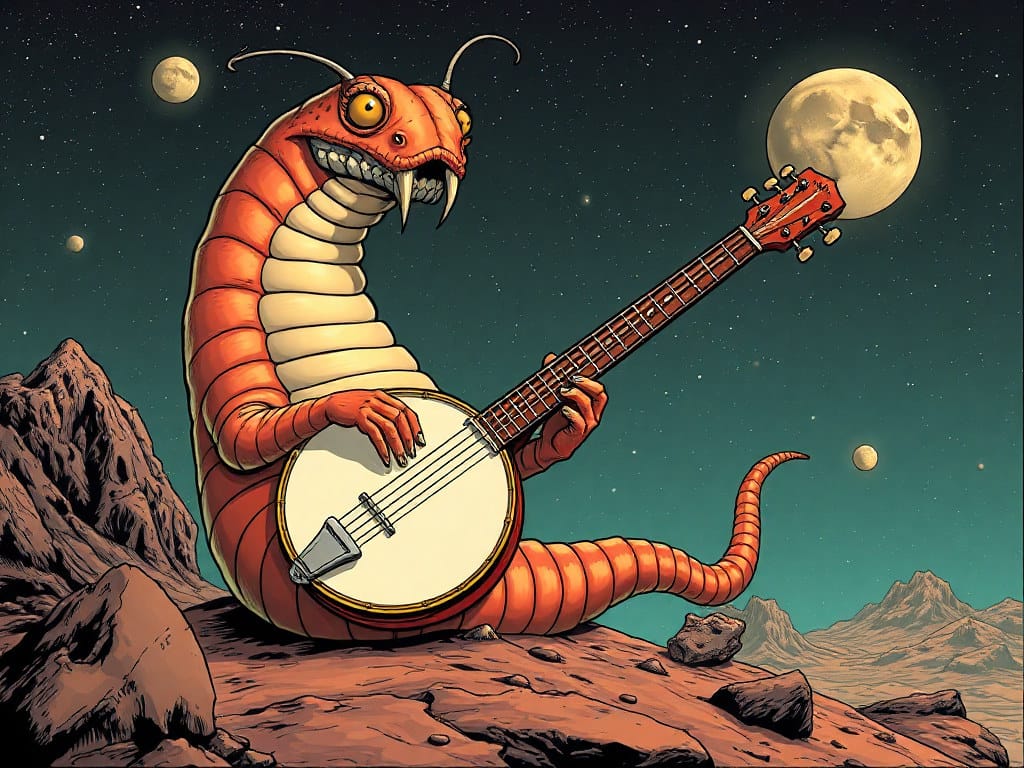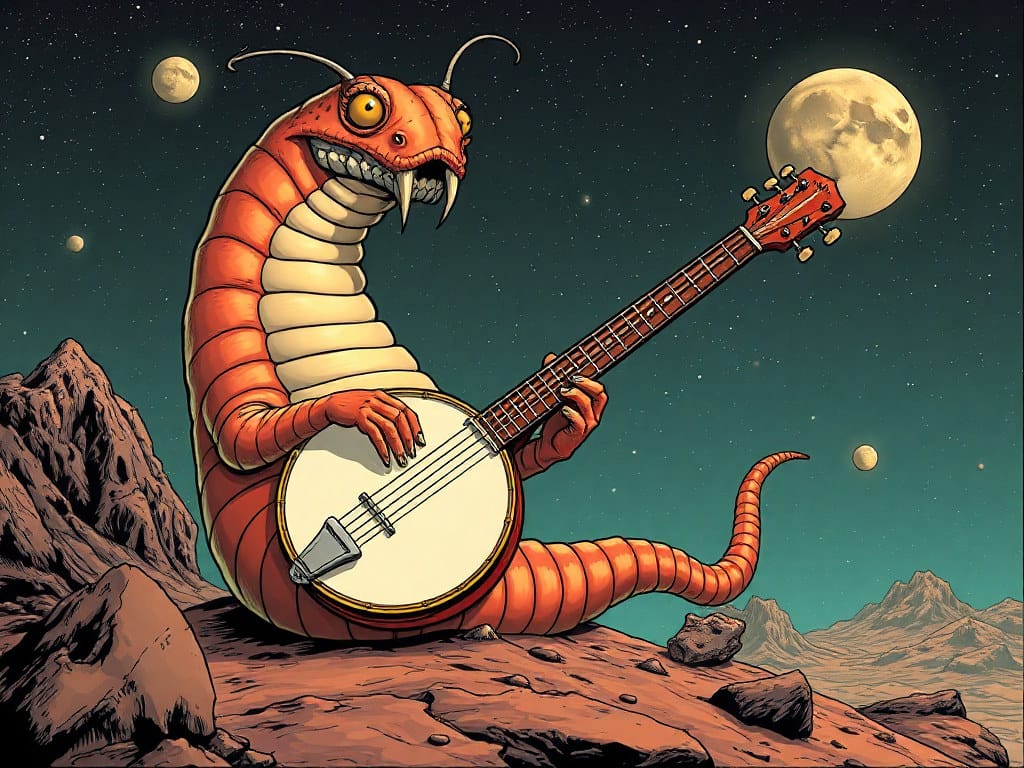Major Music Streaming Platforms Caught Red-Handed with AI-Generated Albums Impersonating Famous Artists
Spotify, Apple Music, and other major streaming services are grappling with a surge of AI-generated albums that convincingly mimic popular artists, raising serious questions about artistic authenticity, copyright infringement, and the future of music creation in the digital age.
The music industry is facing an unprecedented crisis as streaming platforms struggle to combat sophisticated AI-generated content that impersonates established artists. Recent investigations have uncovered hundreds of fake albums flooding major services, featuring AI-created music that mimics the vocal styles, production techniques, and even lyrical patterns of chart-topping musicians.
The Scale of the Problem
Industry watchdogs have identified over 300 suspicious albums across Spotify, Apple Music, Amazon Music, and YouTube Music in the past six months alone. These AI-generated releases often feature compelling album artwork, professionally crafted track listings, and music quality sophisticated enough to fool casual listeners.
The fake content targets high-profile artists across genres, from pop superstars like Taylor Swift and Ariana Grande to hip-hop icons like Drake and Kendrick Lamar. Some AI-generated tracks have accumulated millions of streams before being detected and removed, generating substantial revenue for the perpetrators.
Music analytics firm Chartmetric reports that AI-generated music now represents an estimated 2-3% of all new releases on major platforms, with the percentage growing monthly. "We're seeing increasingly sophisticated attempts to game the streaming economy," says Sarah Chen, Chartmetric's head of content analysis.
How the Scam Works
The fraudulent scheme typically follows a predictable pattern. Bad actors use advanced AI voice synthesis technology to create songs that mimic popular artists' vocal characteristics. They then package these tracks into complete albums, complete with professional-looking cover art and metadata designed to maximize discoverability.
These fake releases are often uploaded through legitimate music distributors like DistroKid or TuneCore, making them appear authentic to streaming platforms' automated systems. The perpetrators frequently use slight variations in artist names or album titles to avoid immediate detection while still capturing search traffic intended for the real artists.
Platform Responses and Challenges
Streaming services are scrambling to address the crisis, implementing new detection systems and human review processes. Spotify has removed over 1,200 AI-generated tracks in recent months and updated its terms of service to explicitly prohibit artificially generated content that impersonates existing artists.
Apple Music has invested heavily in machine learning systems designed to identify suspicious vocal patterns and production techniques. The platform now requires additional verification for releases claiming to be from established artists, including direct confirmation from record labels or verified management companies.
However, the cat-and-mouse game continues to evolve. As platforms improve their detection capabilities, AI generators become more sophisticated, creating an arms race that shows no signs of slowing.
Legal and Ethical Implications
The AI impersonation trend raises complex legal questions about intellectual property, right of publicity, and fair use. Entertainment lawyers are divided on whether current copyright law adequately addresses AI-generated content that mimics existing artists without directly copying their work.
Several high-profile artists have filed cease-and-desist letters against platforms hosting AI-generated content that impersonates their voice and style. The Recording Industry Association of America (RIAA) is pushing for stronger legislation specifically addressing AI-generated music fraud.
"This isn't just about revenue loss," explains music attorney Michael Rodriguez. "It's about protecting artistic identity and maintaining trust between artists and their fans. When AI can perfectly mimic an artist's voice, the very concept of authentic musical expression comes under threat."
The Broader Impact on Artists and Fans
Emerging artists face particular challenges in this landscape, as AI-generated content can flood streaming platforms with cheap, algorithm-optimized music that competes directly with human-created work. Independent musicians report decreased visibility and streaming revenue as AI content saturates genre-specific playlists and recommendation algorithms.
Fans, meanwhile, struggle to distinguish authentic releases from sophisticated fakes, eroding trust in digital music platforms and forcing them to become more vigilant consumers.
Looking Forward
As AI technology continues advancing, the music industry must develop comprehensive strategies to protect artistic authenticity while embracing legitimate creative applications of artificial intelligence. The solution likely requires collaboration between streaming platforms, artists, labels, and technology companies to establish clear standards and effective enforcement mechanisms.
The streaming music revolution promised to democratize music distribution and discovery. Now, as AI-generated impersonations threaten that ecosystem, the industry must prove it can adapt quickly enough to preserve the authenticity and trust that make music meaningful to millions of listeners worldwide.

